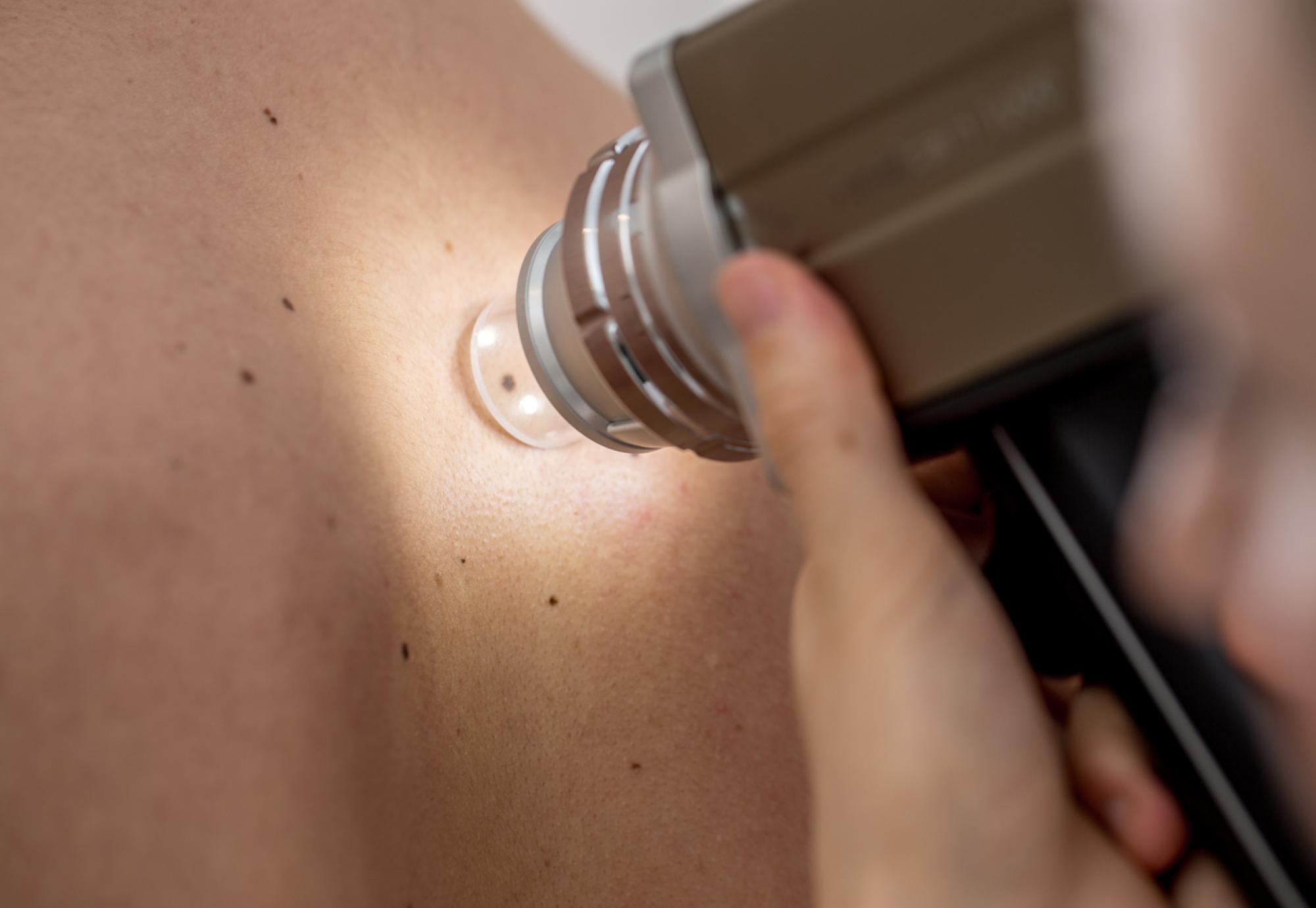A team of scientists and clinicians at Newcastle University have unearthed a test which can reliably predict the spread of melanoma.
The test, called AMBRA1 and loricrin, is already available through private referral but an application has been made for the tests to be made available on the NHS.
AMBRA1 works by testing a section of tissue taken from the original biopsy, which is then sent by post to a lab for analysis.
Current methods of testing involve primary tumours being removed through surgery. The removed tissue is then studied by pathologists under a microscope to determine the stag of skin cancer.
For patients whose risk of spreading is low, they are seen in follow up clinics for up to five year. The new test hopes to provide an easier way to test spreading or return of skin cancer in these patients.
Senior author Professor Penny Lovat, Professor of Cellular Dermatology and Oncology at Newcastle University and Chief Scientific Officer at AMLo Biosciences, said: “Like mortar and bricks holding together a wall, AMBRA1, Loricrin and Claudin 1 are all proteins key to maintaining the integrity of the upper layer of the skin. When these proteins are lost gaps develop – like the mortar crumbling away in the wall. This allows the tumour to spread and ultimately ulcerate which we know is a process associated with higher risk tumours.
“Our test offers a personalised prognosis as it more accurately predicts if your skin cancer is unlikely to spread. This test will aid clinicians to identify genuinely low risk patients diagnosed with an early-stage melanoma and to reduce the number of follow up appointments for those identified as low risk, saving NHS time and money.”
Melanoma is the fifth most common cancer in the UK, according to Cancer Research UK, with around 16,700 diagnosed cases last year.
Professor Nick Levell, Consultant Dermatologist & British Skin Foundation spokesperson, said: “This is excellent news. This new test for melanoma will help many people with skin cancer. People at low risk can be reassured and will not have to attend hospital so often for check-ups. This British Skin Foundation co-funded research is an important step forward in making care after melanoma more personal.”



















